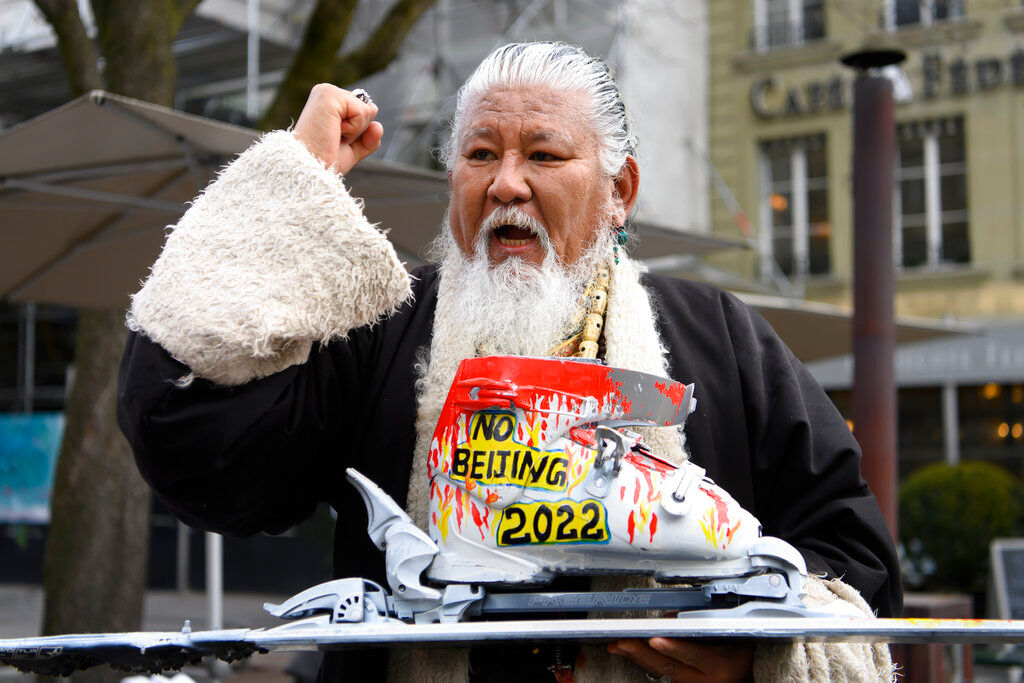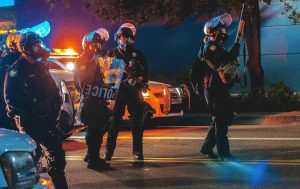The Beijing Winter
Olympics beginning February 4 has sparked a wave of concern across the world.
Protests have broken out in several quarters against the International Olympics
Committee’s decision to award the games to China at a time when big and hegemonic
sections of the international community have accused China of gross human
rights violations.
On Thursday, hundreds
of Tibetan and Uyghur activists staged a demonstration at the IOC’s offices in
Switzerland accusing the global sports body of being complicit in Beijing’s
human rights abuses, according to a Reuters report.
Expressing consternation
at the Games in China, Karma Choeki, head of the Tibetan Community of
Switzerland and Lichtenstein, told Reuters that over 150 Tibetan activists had
self-immolated in protest against China’s “repression” of Tibet in course of
the Olympics preparations and the games themselves.
Also Read | 2008 Beijing Olympics vs 2022: No lofty promises this time
The year 2008 has
particular significance in Tibetan history. It was perhaps the year when
protests against Chinese repression peaked to a point only second to when the
Dalai Lama had to escape Tibet and find refuge in India in 1959.
The Summer
Olympics in Beijing in 2008 were held from August 8 to August 24. Months before
the Games, in March, hundreds of Tibetan monks descended on capital Lhasa. The
protests, organised to mark the 49th anniversary of Tibetan
resistance against China, sought the release of incarcerated Drepung monks.
While rights
groups said nearly 140 people died in the protests, the Chinese government put
the number at 22.
The very next
month, the global Olympic torch rally turned into a global political
flashpoint. Tibetan separatists protested on the streets of San Francisco and
London. Following the Games, in November 2008, Beijing sentenced 55 people for
being involved in protests against the Chinese government.
Self-immolation as
a political strategy has been often adopted in Tibet. Although, the first
recorded incident of self-immolation as protest in modern history took place in
South Vietnam in 1963, according to Michael Biggs, a sociologist based out of
Oxford University.
Protests are
expected round the globe as the Beijing Olympics get underway. The Chinese
government, however, has taken stringent measures, to counter any potential embarrassment
within the country. Many countries, including the United States, have announced
a diplomatic boycott of the Beijing Games.







